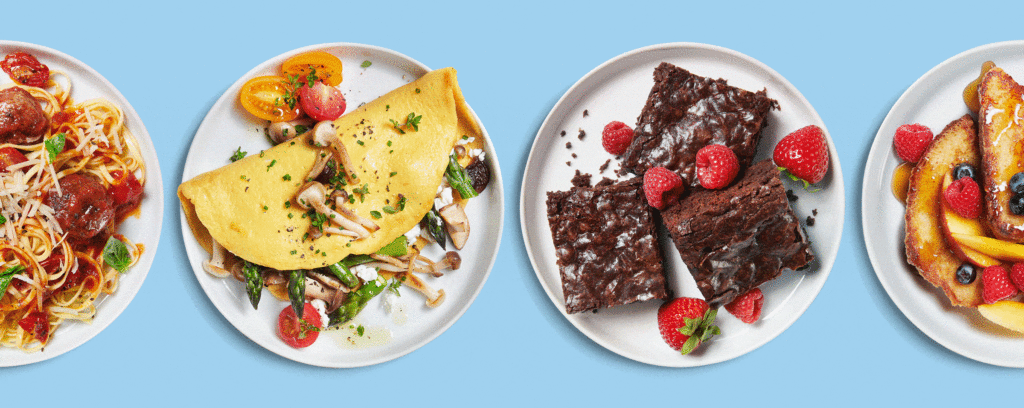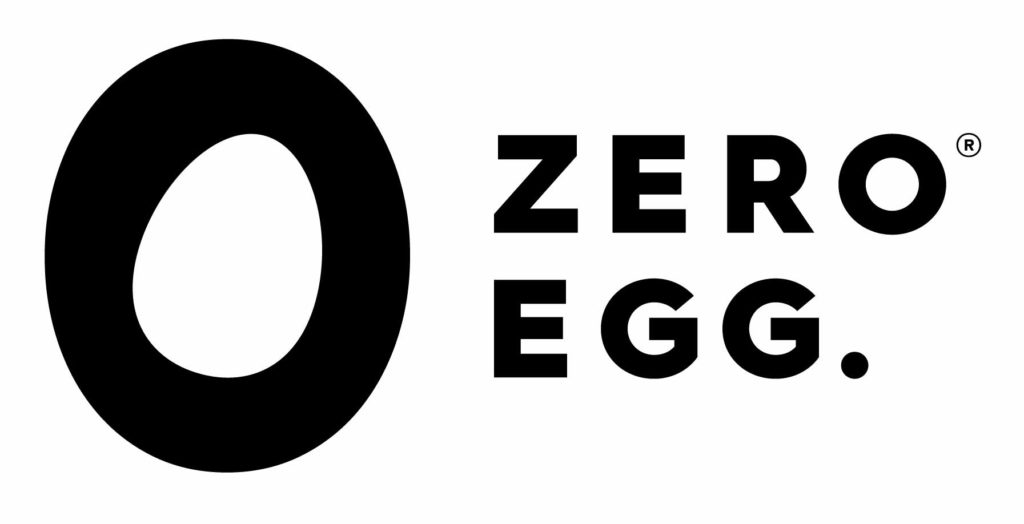
As people are looking to a healthier post-Pandemic life, plant-based eggs are finally getting the credit they deserve, and plant-based startup Zero Egg is well-positioned to meet this demand. According to a new report by Technomic, plant-based eggs are going to be tops on the restaurant scene this year.
“Operators will showcase eggs in more all-day sandwiches and handheld offerings, complementing them with premium ingredients, homemade sauces and elevated preparation methods,” the report finds.
As the demand for plant-based food is growing – plant-based eggs will also see their share of growth. Zero Egg, a plant-based egg for foodservice and food manufacturers that tastes, looks, and functions like an ordinary egg, is heeding this call.
“We are so excited to bring an egg alternative into the new year, especially when it will be needed the most,” said Liron Nimrodi, CEO, and co-founder, Zero Egg. “With everyone more conscious about their own carbon footprint, as well as ensuring they are getting enough plants in their diet, Zero Egg is proud to be able to offer both without sacrificing on taste.”
An egg for a new era, Zero Egg has the same taste, texture, look and versatility of an ordinary egg. It’s 100% plant-based, gluten-free, and non-GMO, making it suitable for a plethora of dietary needs. Available in both a pre-cooked patty, perfect for egg sandwiches or as a topping for a burger or a sandwich, and a liquid form. Use it in scrambles, omelets, quiches, frittatas and even baked goods. The possibilities are only as endless as your imagination.

And, as an Israeli-based startup that’s leading the industry in food technology, the numbers don’t lie. In less than a year Zero Egg replaced more than a million ordinary eggs and is on track to replace more than 1.5 billion in 5 years, cracking open the massive egg industry. Additionally, in 2021 it helped to save more than 60 million gallons of water and more than 1.5 million kg of co2e (greenhouse gas emissions).
“I’m so delighted to partner with Zero Egg. My restaurant Dash & Chutney can now serve traditional plant-based Indian egg recipes on our menu. For me, the decision to serve Zero Egg was easy because the texture and taste resemble so closely to egg, without the environmental impacts,” said Chef Palak Patel, award winning celebrity chef, Food Network personality, and owner of Atlanta’s Dash & Chutney.
More plant-based eggs being consumed isn’t just good news for consumer health, the planet, and hens. It’s also beneficial for the egg industry. In 2022 the states of California, Massachusetts, and Nevada have cage-free laws going into effect, essentially preventing any caged system eggs from being sold in the states. This is expected to disrupt the industry and drive up egg costs. To help alleviate demand and help prevent an industry shortage, Zero Egg is poised to meet demand. Furthermore, Zero Egg has pledged that within just three years its products will cost the same as an ordinary cage-free egg, helping to make this animal-friendly switch smoother.
“The market size, measured by revenue, of Breakfast in Restaurants & Diners is $11.1 billion in 2022. This is up from 2021’s $10bn. With a product like Zero Egg in their arsenal, those restaurants will be able to offer delicious, sustainable, plant-based options with the flavor of an ordinary egg. Another perk? With food costs rising, Zero Egg can also help keep those costs lower, allowing you to run a lean, green, cooking machine,” said T.K. Pillan, Founder & Chairman of Veggie Grill, and Founding Partner of Powerplant Partners, an investor in Zero Egg.
The brand has also positioned itself for growth. Zero Egg has invested more than $6 million ahead of 2022 to take on this trend – hiring nine full time team members in the U.S., including key roles in marketing, communications, culinary, operations, and sales. It also recently joined the nationwide roster of brands with FreshPoint /Sysco Foods.
About Zero Egg:

Animal friendly, sustainable, and a healthier alternative, Zero Egg is the plant-based egg for everyone. Founded in 2018, the company believes the plant-based egg should be an everyday choice and is on a mission to make plant-based food accessible to everyone. With a feather-light footprint, Zero Egg offers the taste and texture of an ordinary egg, has better-for-you attributes, and is easy on the planet. It is made of plant proteins including soy, potatoes, peas, and chickpeas. With only 15 calories compared to 68 calories in an actual egg, it is not only low in calories but it has no cholesterol and is low fat. Manufacturing Zero Egg uses radically less land, water, and energy, and produces significantly less greenhouse gas emissions than eggs from hens. Zero Egg is determined to meet the growing demand for egg alternatives that taste, cook, and function like traditional eggs, specifically in foodservice and food manufacturing. In addition to the U.S. Zero Egg is also distributed in Israel and Europe. The company received early accolades at launch, including Calcalist’s 2019 Food Innovation competition in Israel. More at www.zeroegg.com, Instagram and Linkedin.

